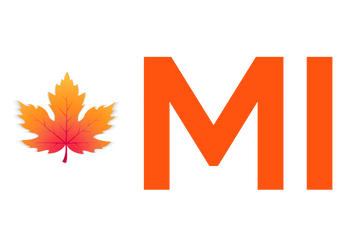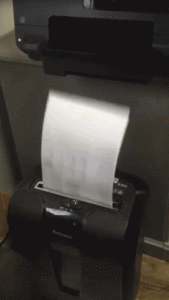Many healthcare professionals have the “feeling” that there are a lot of ways that their practice is being inefficient but either don’t know in what way exactly; or they do know, but don’t know what to do about it. However, they have the feeling that if they just “tightened up the ship” they would experience an increase in their bottom line.
It is a rare practice that is fine tuned enough that you would have to look with a magnifying glass to locate the areas of inefficiency. The usual practice has these areas glaring all over the place because they don’t even know there are better, more efficient ways of doing things. The mental doors are closed and no one even working on it anymore. To improve profits, it is necessary to take the blinders off and look and learn.
For instance, scheduling is one of the biggest offenders. Most practitioners have fairly loosey-goosey scheduling that is cookie-cutter and is driven by patient demands as opposed to causatively scheduled to deliver better service to the patients. Big, huge, difference!
Another area of inefficiency is conducting weekly staff meetings (that’s a good thing and gets a definite pass from us) but the things that are decided on rarely get implemented, and if they do, soon drop back out. Why? Because there is no one accountable. Perhaps there isn’t even a system or structure put in place with cement. Not only that, perhaps it didn’t even make it into the constantly evolving Practice Policy Manual as a new protocol or procedure.
How about putting things in writing? There is far, far too much verbal communication in offices that end up being forgotten and then not getting done. The order was not put in writing and put in the recipient’s in-basket for them to do and report back in writing on once done.
Have you ever set production targets for your staff and required a weekly (or daily) report as to the achievement of those targets? If the staff don’t know what you want done, it is hard for them to feel motivated to get it done!
These are just a few of the millions of ways that a practice can fail to achieve its full potential.
Any questions?
TO BECOME AN EFFICIENCY EXPERT
IN YOUR OWN PRACTICE
CALL US 416-466-6217
Creative Commons Attribution: Permission is granted to repost this article in its entirety with credit to The Art of Management Inc. and a clickable link back to this page.


